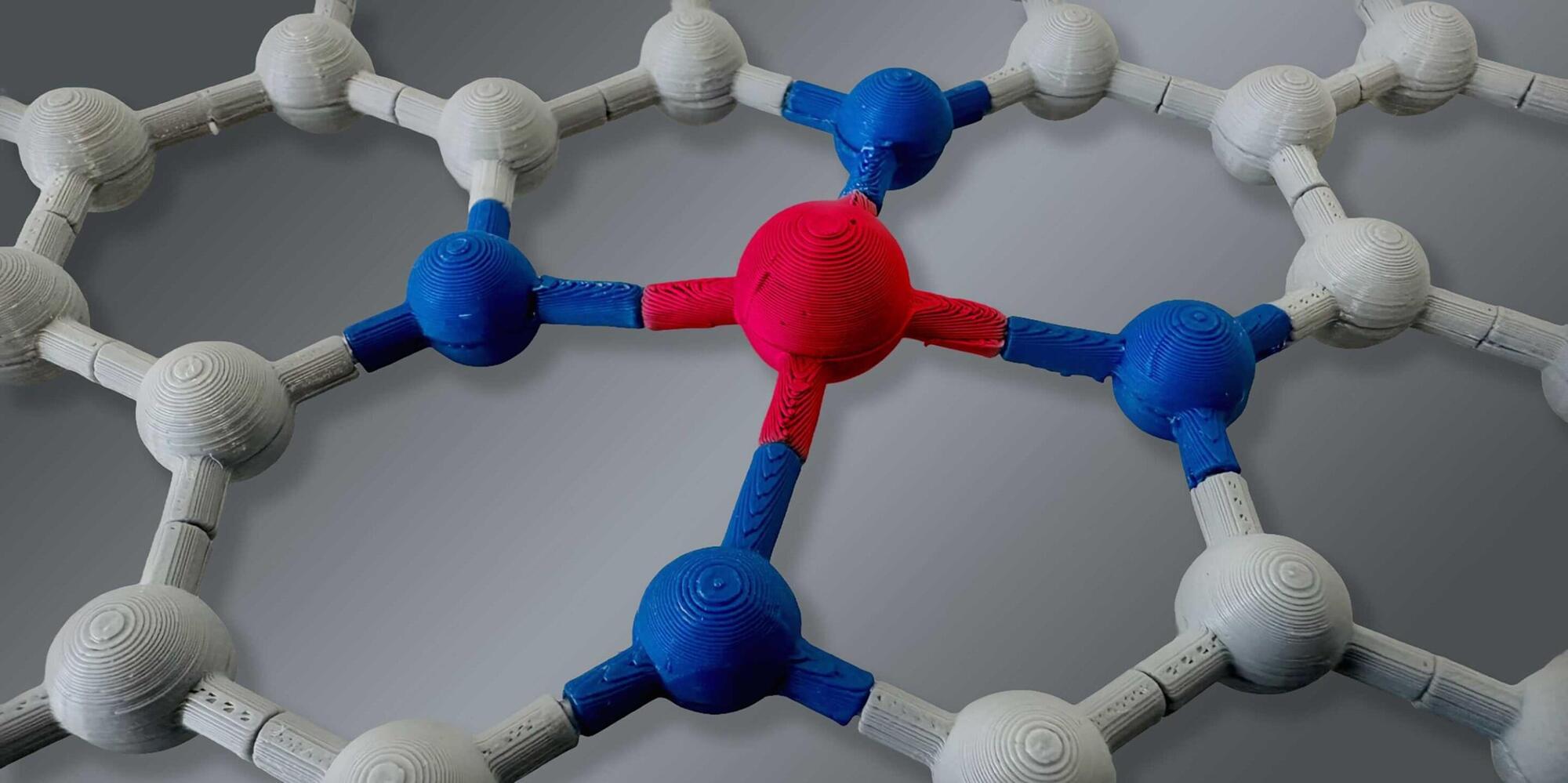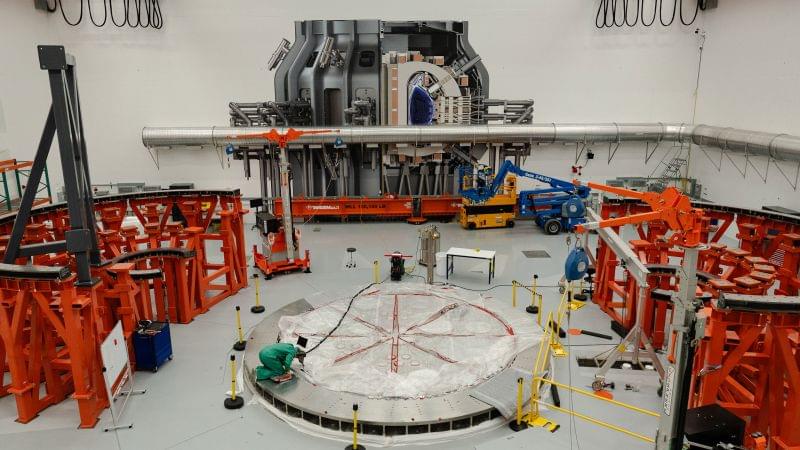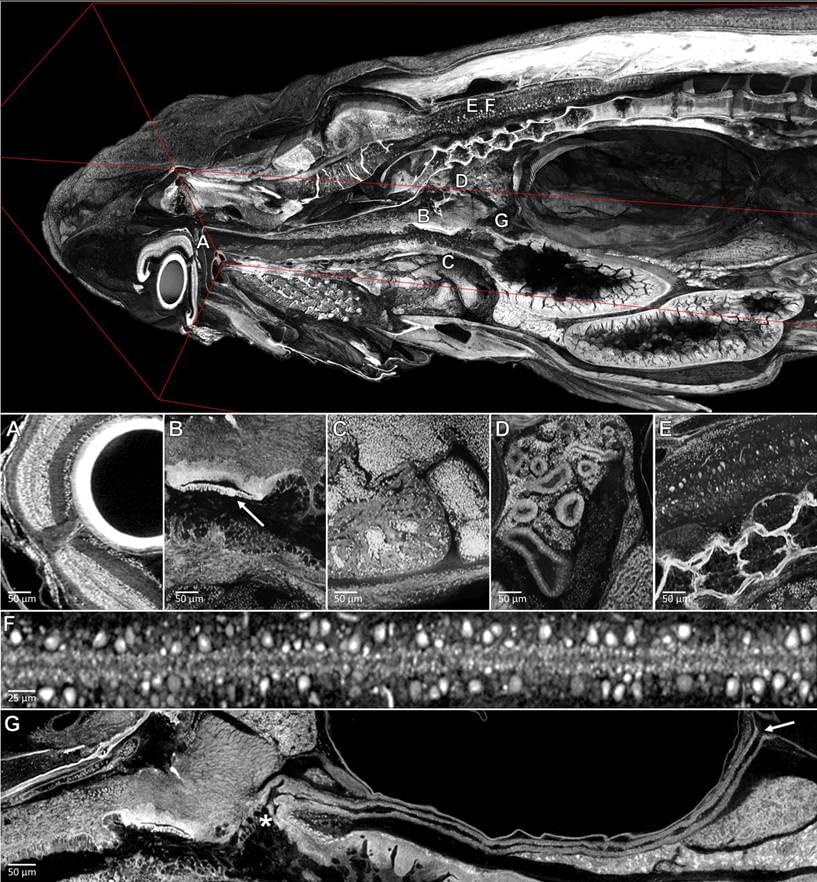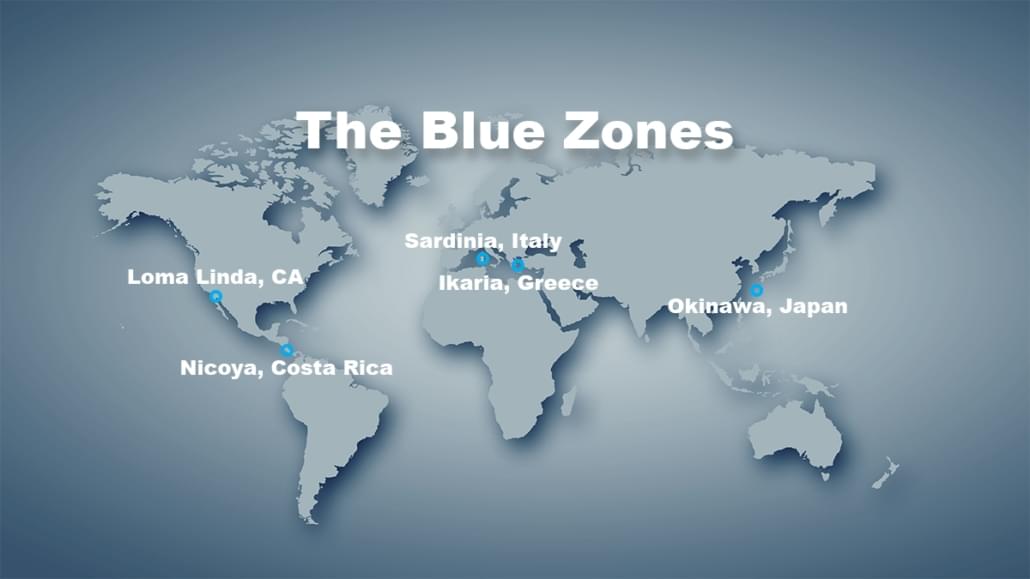Conference at Forbes Island (San Francisco Bay) in July 2025 featuring Brewster Kahle Tim Anderson Heidi Petty:
The eARTh pARTy Conference brings together visionaries in technology, art, and culture on a unique floating island to reimagine our collective future. Over three immersive days, we’ll explore how technology can empower rather than control humanity’s creative potential.
Our world stands at a crossroads. This gathering champions a future where creators maintain ownership of their work, receive fair compensation, and preserve their digital autonomy. Together, we’ll explore what a future looks like with a distributed creative network that advocates for ethical platforms and transparent systems.
The pieces for our future already exist. We simply need the courage to reassemble them into a world where creative expression flourishes, and the impact you make becomes your most valuable asset.
Join us in launching a movement that ensures technology serves human creativity rather than exploiting it.
Building the future of creative economies: decentralized, regenerative, thriving.









